Paris MoU on Port State Control celebrates 40 years
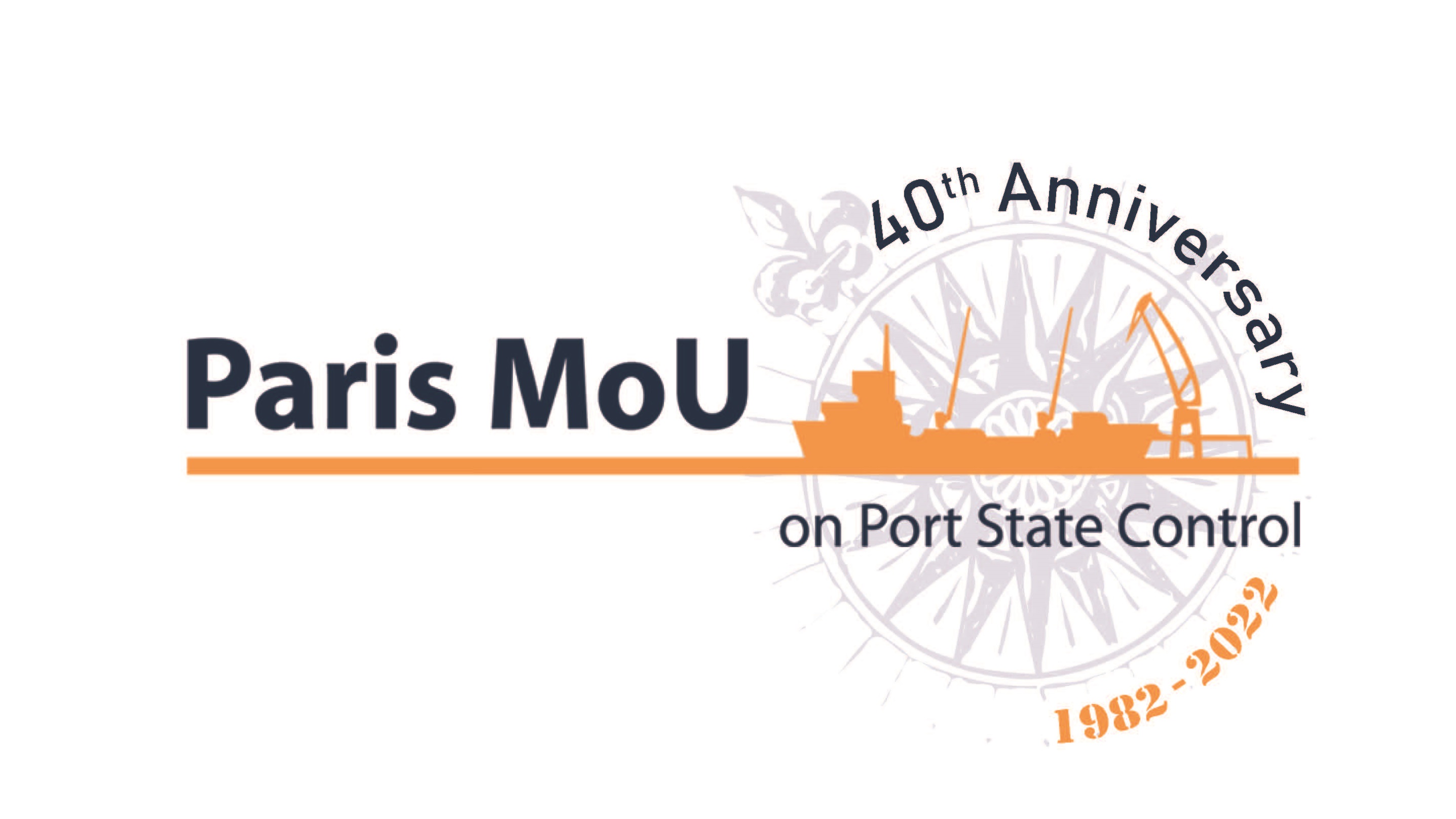
At the recent annual meeting of the Committee, members of the Paris MoU paid special attention to the fact that the Paris Memorandum on Port State Control (Paris MoU) is celebrating its 40th anniversary this year.
The Paris Memorandum of Understanding on Port State Control was adopted on 26 January 1982 and signed by 14 European countries. In addition to the European Commission, the International Maritime Organization (IMO) and the International Labour Organization (ILO) were also represented from the start. The Memorandum entered into force on 1 July of the same year.
Initially, under the Paris MoU, ships' compliance with seven international maritime conventions of the IMO and ILO was verified in a cooperative, harmonised way.
Since then, the Paris MoU has evolved into the organisation it is today. The membership has nearly doubled, as has the number of international maritime conventions of which compliance is monitored; the so-called "relevant instruments". Over all these years, the Paris MoU has proven to be of great value in eliminating substandard shipping in the region. Using a risk-based approach, the detention rate has gradually decreased over the years proving the effectiveness of the system.
Following the Paris MoU and the results achieved through it, other regional port State control regimes were also developed worldwide, making it increasingly difficult for substandard ships to operate anywhere in the world.
In the first decades, the database in which all inspections were recorded was provided by France. Since 2011 this important role is fulfilled by the European Maritime Safety Agency (EMSA). Throughout this time the European Commission, later joined by EMSA, and the Paris MoU have worked together collaboratively ensuring the success of the Paris MoU’s work in improving maritime safety, prevention of pollution and on-board working and living conditions in the region. The Dutch Ministry of Infrastructure and Water Management was and remains the steadfast host for the Paris MoU Secretariat providing the foundation for its work.
It is of course above all the maritime authorities of the Paris MoU and their port State control officers who have been the face of the Paris MoU in those 40 years. Through their efforts, they have made shipping off our coasts and in our ports a lot safer, more environment-friendly and with better working and living conditions for the crews on board of ships.
The Paris MoU will strive for continuous improvement of the inspection regime with the essential contribution of its members to achieve higher “shipping” standards.
On the occasion of its 40th anniversary, the Paris MoU has released a video explaining what the Paris MoU is, how it came about, how the Paris MoU works and what the results of its work are.
The video, and further information, can be found at the following link
Polar code inspection campaign launched by the Paris MoU
The Paris Memorandum of Understanding on Port State Control (Paris MoU) will launch an inspection campaign to verify compliance with the requirements of the Polar Code. The inspection campaign will be held from Monday 13 June to Friday 1 July 2022 (first period) and from Monday 1 August to Friday 19 August 2022 (second period).
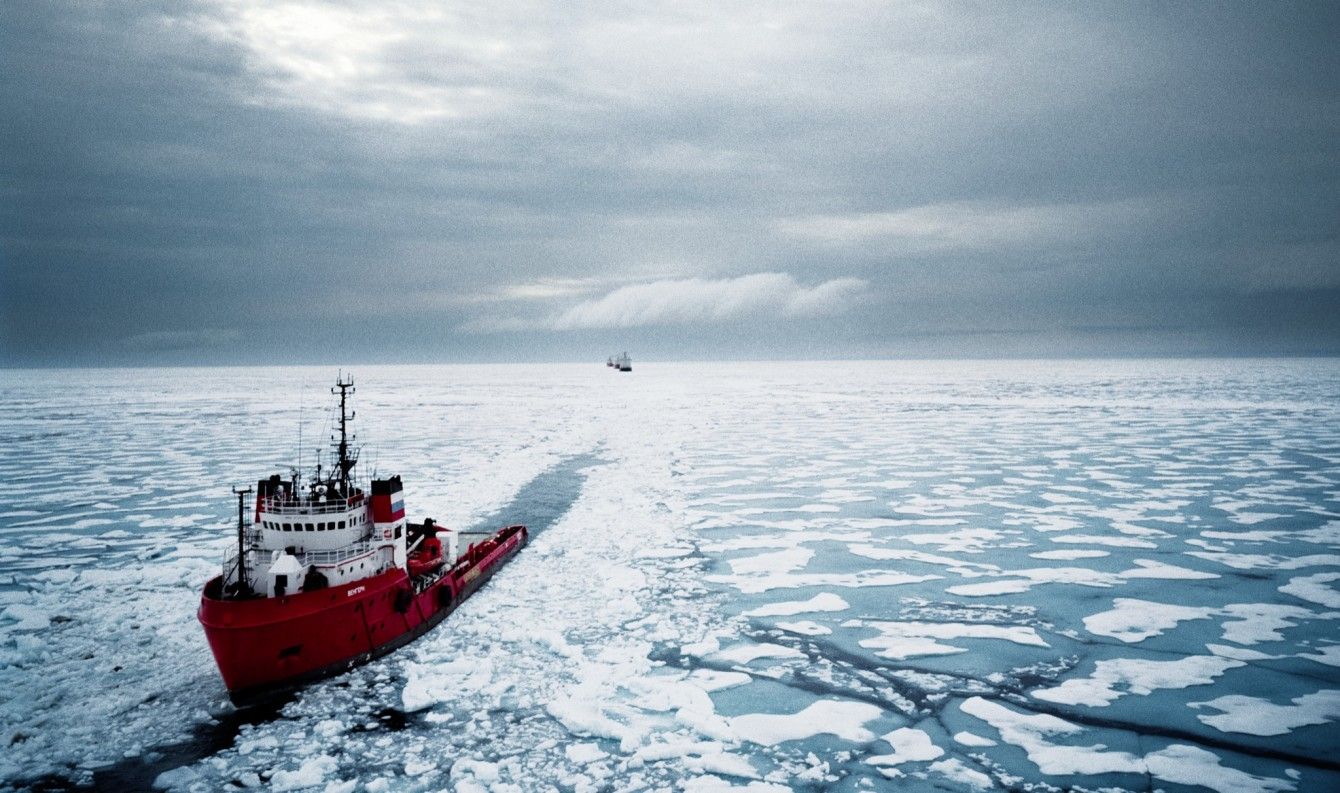
The inspection campaign is additional to the regular Concentrated Inspection Campaigns and is held in a different time of the year due to the seasonal voyage plans of the ships sailing to the Polar area.
A ship will be subject to only one inspection related to this inspection campaign during this period. Port State Control Officers (PSCOs) will use a pre-defined questionnaire to assess whether the information and equipment provided onboard complies with the relevant conventions. Of course, Polar Code elements in SOLAS and MARPOL will also be taken into account. The questionnaire is annexed to the Press Release.
Reasons for such a campaign include:
- The polar waters have a unique polar ecosystem that is vulnerable to human influences such as ship operation;
- The polar waters impose additional navigational demands beyond those normally encountered in non-polar waters;
- The polar waters impose additional demands on the ships, their systems and operations beyond the existing requirements for normal operations at sea.
The goal of the Polar Code inspection campaign is:
- to determine the level of compliance with the requirements of the Polar Code within the shipping industry;
- to create awareness amongst ship crews and ship owners with regard to the importance of compliance with the provisions of the Polar Code, the increased risk to ships operating in polar waters and the protection of the vulnerable polar environment;
- to send a signal to the industry that safety- and pollution prevention related requirements are mandatory and enforcement with the applicable requirements is high on the agenda of the PMoU member Authorities;
- to underline the responsibility of the Port State Control regime with regard to harmonised enforcement of compliance with the requirements of the Polar Code, thus improving the level of compliance and ensuring a level playing field.
The results of the campaign will be analysed and findings will be presented to the Paris MoU Committee.
Paris MoU 55th Committee meets in person
The Paris Memorandum of Understanding on Port State Control (Paris MoU) held its 55th Committee meeting in Bucharest, Romania from the 16th to the 20th of May 2022. The meeting was chaired by Mr. Brian Hogan.
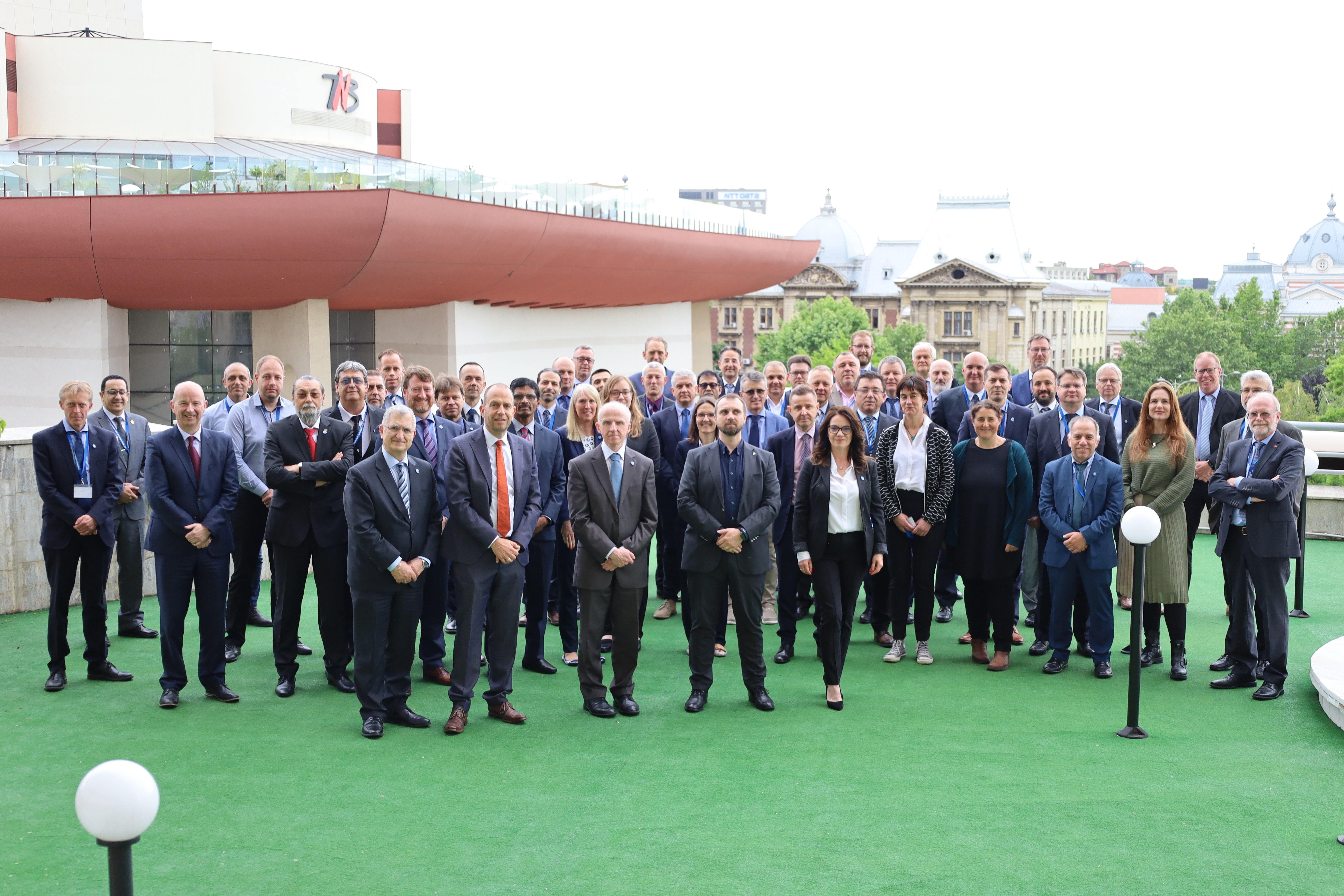
After two years of virtual meetings, the Paris MoU was able to meet physically. Most of the members and observers enjoyed the face-to-face opportunity and of its positive impact on discussions and decision-making. Those who were not able to attend were given the opportunity to participate online.
Although the situation regarding the COVID-19 pandemic continues to normalise within the region, a main element discussed was the ongoing impact of the pandemic on port State control. The Committee was of the opinion that such after-effects should be monitored and possible lessons to be learned from the pandemic and the way in which the Paris MoU has dealt with it should also be considered.
Following last year’s recognition by the Committee for a clear momentum to explore the need and feasibility of a port State control regime for fishing vessels, this year the Committee agreed to initiate a pilot project on port State control on fishing vessels of more than 24 meters. This is expected to result in the inspection of foreign fishing vessels by 2024. Participation of Paris MoU member Authorities will be on a voluntary basis. After the pilot, based on the information gathered, the Committee will decide on further actions regarding a possible future port State control regime for fishing vessels.
Please read/download full press release below:
Joint concentrated inspection campaign on STCW
Member Authorities of the Tokyo and the Paris Memoranda of Understanding (MoU) on Port State Control will launch a joint Concentrated Inspection Campaign (CIC) on STCW.
This campaign will be held for three months, commencing from 1 September 2022 and ending 30 November 2022. The CIC inspections will be applicable for all ships and conducted in conjunction with the regular Port State Control inspection.

The campaign on STCW aims to confirm that:
- the number of seafarers serving on board and their certificates are in conformity with the relevant provisions of STCW Convention and Code and the applicable safe manning requirements as determined by the Flag State Administration;
- all seafarers serving on board, who are required to be certificated in accordance with STCW Convention, hold an appropriate certificate or a valid dispensation, or provide documentary proof that an application for an endorsement has been submitted to the Flag State Administration;
- the seafarers on board hold a valid medical certificate as required by STCW Convention;
- the watch-keeping schedules and hours of rest indicate compliance with the requirements of STCW Convention and Code;
- The CIC will assist in raising the awareness of shipowners, operators and crew on the specific requirements in the STCW Convention and Code.
2021 Performance lists Paris MoU
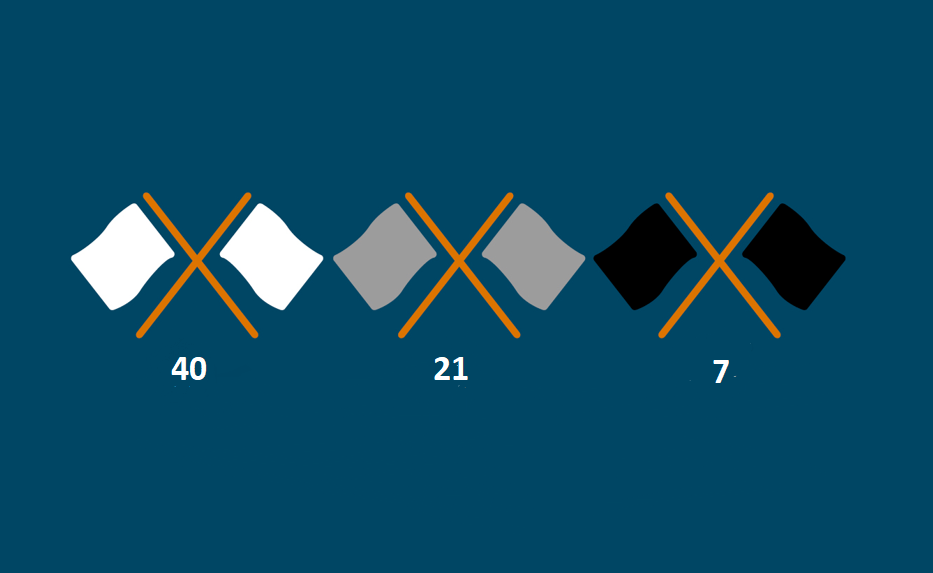
The Paris MoU Committee approved at its 55th meeting the 2021 inspection results and adopted new performance lists for flag States and Recognized Organizations (ROs).
These lists will take effect from the 1st of July 2022.
The “White, Grey and Black (WGB) List” presents the full spectrum, from quality flags to flags with a poor performance that are considered high or very high risk. It is based on the total number of inspections and detentions during a 3-year rolling period for flags with at least 30 inspections in the period.
2021 Performance lists Paris MoU
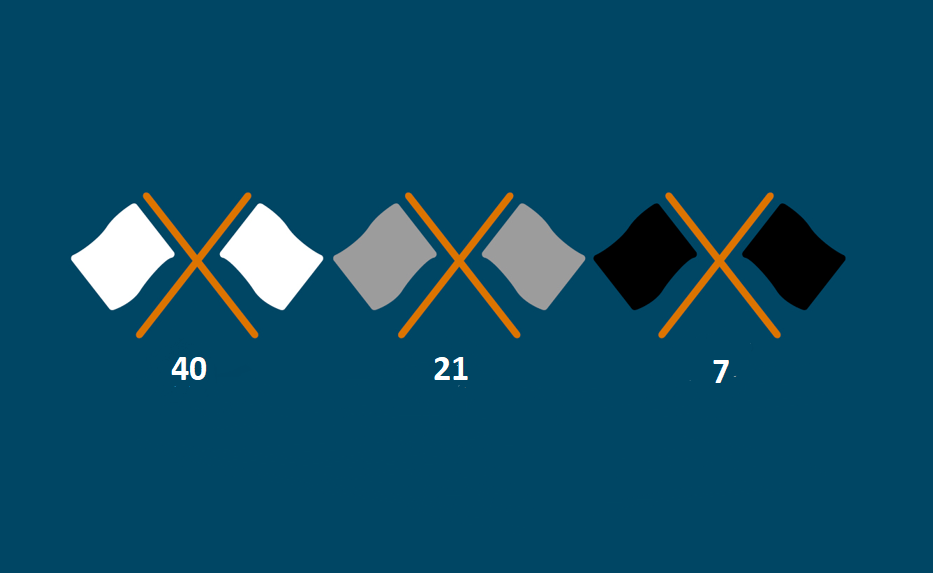
The Paris MoU Committee approved at its 55th meeting the 2021 inspection results and adopted new performance lists for flag States and Recognized Organizations (ROs).
These lists will take effect from the 1st of July 2022.
The “White, Grey and Black (WGB) List” presents the full spectrum, from quality flags to flags with a poor performance that are considered high or very high risk. It is based on the total number of inspections and detentions during a 3-year rolling period for flags with at least 30 inspections in the period.
Launch of joint Concentrated Inspection Campaign on Stability in general
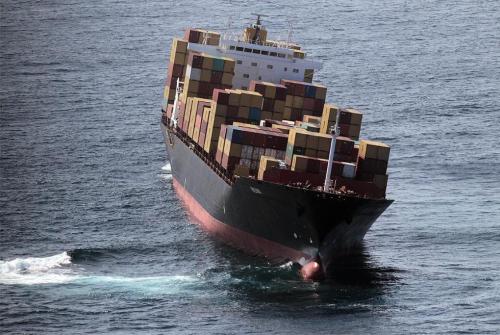
The Member Authorities of the Tokyo and the Paris Memoranda of Understanding (MoU) on Port State Control will launch a joint Concentrated Inspection Campaign (CIC) on Stability (in general). The purpose of the campaign on ship’s stability in general is:
- to confirm that the ship’s crew are familiar with assessing the actual stability condition on completion of cargo operations before departure of the ship and on all stages of the voyage;
- to create awareness among the ship’s crew and owners about the importance of calculating the actual stability condition of the ship on completion of cargo operations and before departure of the ship;
- to verify that the ship complies with intact stability requirements (and damage stability requirements, if applicable) under the relevant IMO instruments.
2020 Performance lists Paris MoU
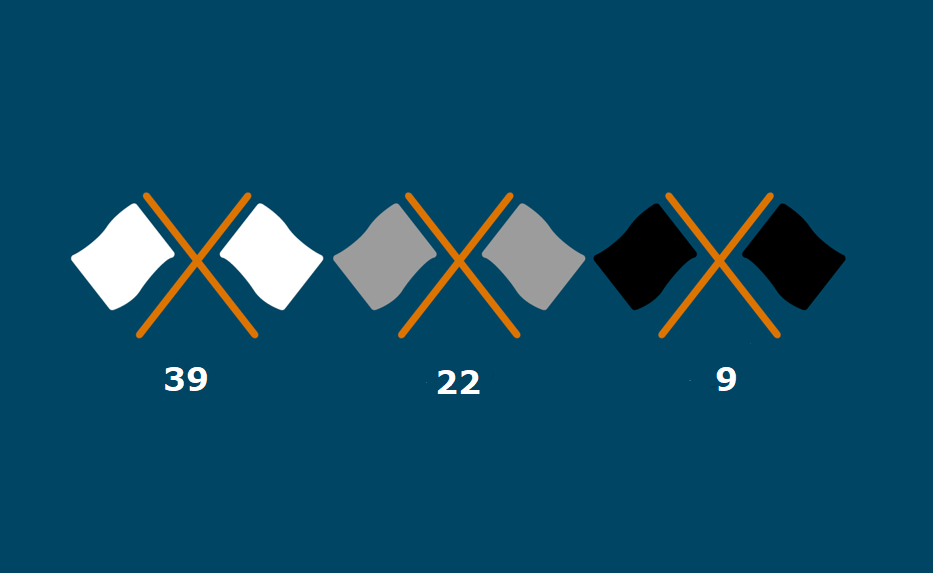
The Paris MoU Committee approved at its 54th meeting the 2020 inspection results and adopted new performance lists for flag States and Recognized Organizations (ROs). These lists will take effect from the 1st of July 2021.
The “White, Grey and Black (WGB) List” presents the full spectrum, from quality flags to flags with a poor performance that are considered high or very high risk. It is based on the total number of inspections and detentions during a 3-year rolling period for flags with at least 30 inspections in the period.
Virtual Paris MoU 54th Committee Meeting, monitoring the impact of COVID-19
The Paris Memorandum of Understanding on Port State Control (Paris MoU) held its 54th Committee meeting by virtual means from the 17th to the 21st of May 2021. The meeting was chaired by Mr. Brian Hogan.

Due to the continuing COVID-19 pandemic, a priority element discussed was the ongoing impact of the pandemic on port State control in the region. Although ship calls and inspections have increased in the period since the last Committee meeting in October 2020 to May of this year, port State control efforts are still being impacted.
Please read/download full press release below:
Virtual Paris Mou 53rd Committee Meeting, coping with COVID-19 circumstances
The Paris Memorandum of Understanding on Port State Control (Paris MoU) held its 53rd Committee meeting by virtual means from the 28th of September to the 2nd of October 2020. The meeting was chaired by Mr. Brian Hogan.

One of the priority elements discussed was the COVID-19 pandemic and its impact on port state control. The port calls and number of inspections decreased substantially in the period from March to June as a consequence of restrictive measures resulting from COVID-19. However, port state control efforts have increased since June.
Please read/download full press release below:
